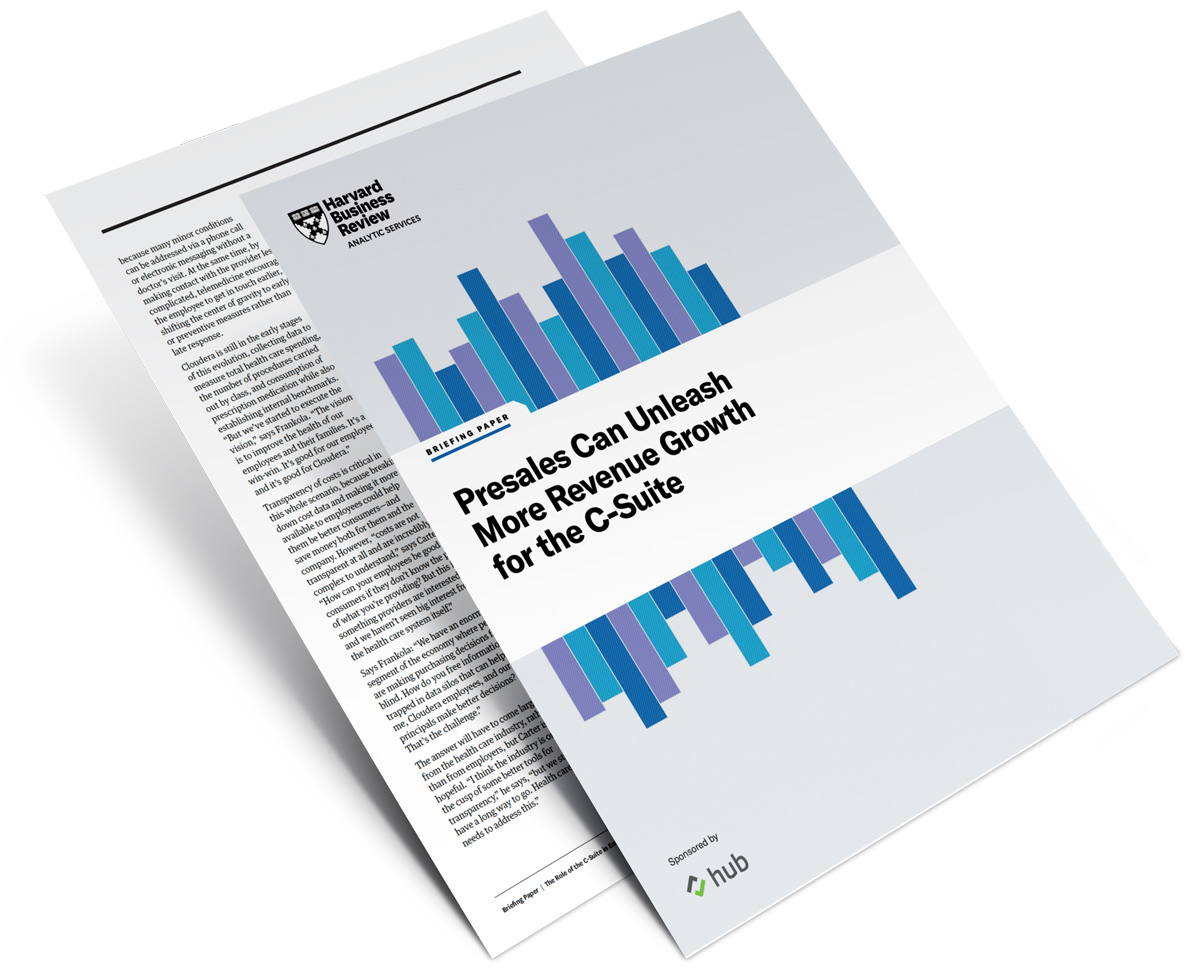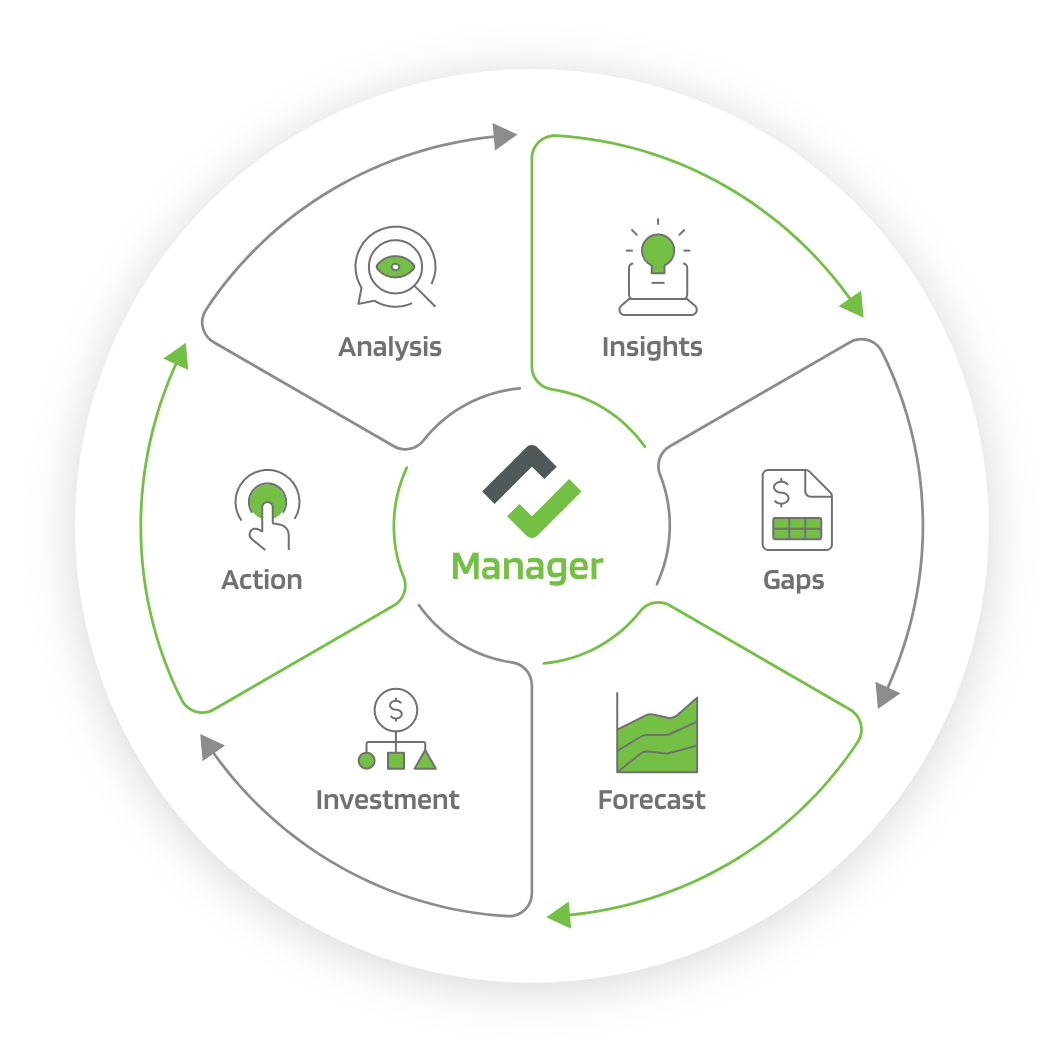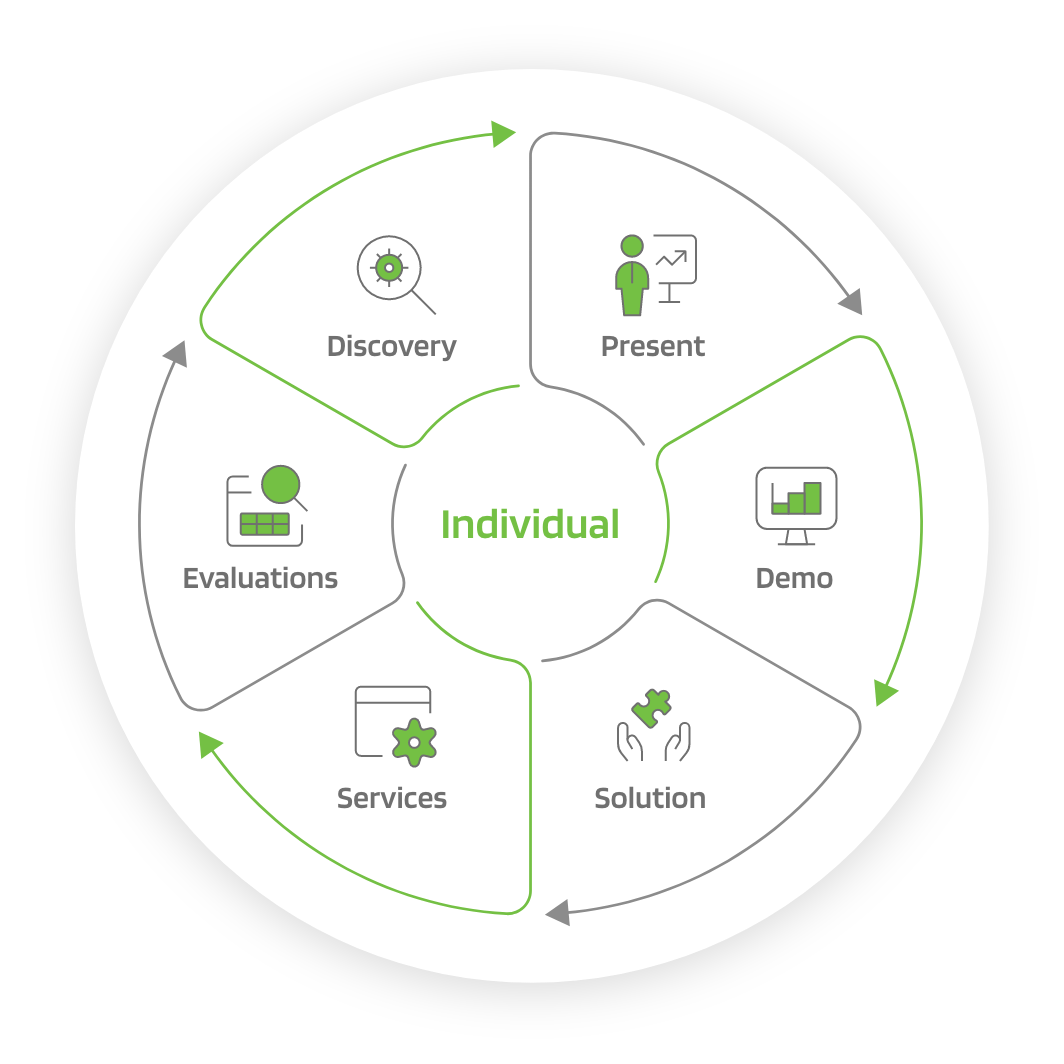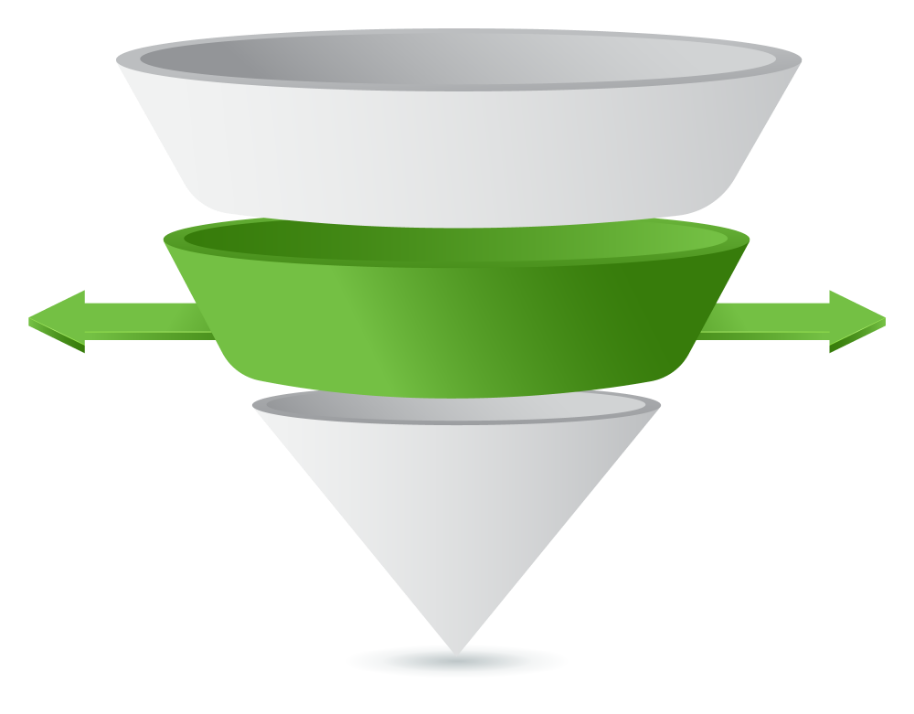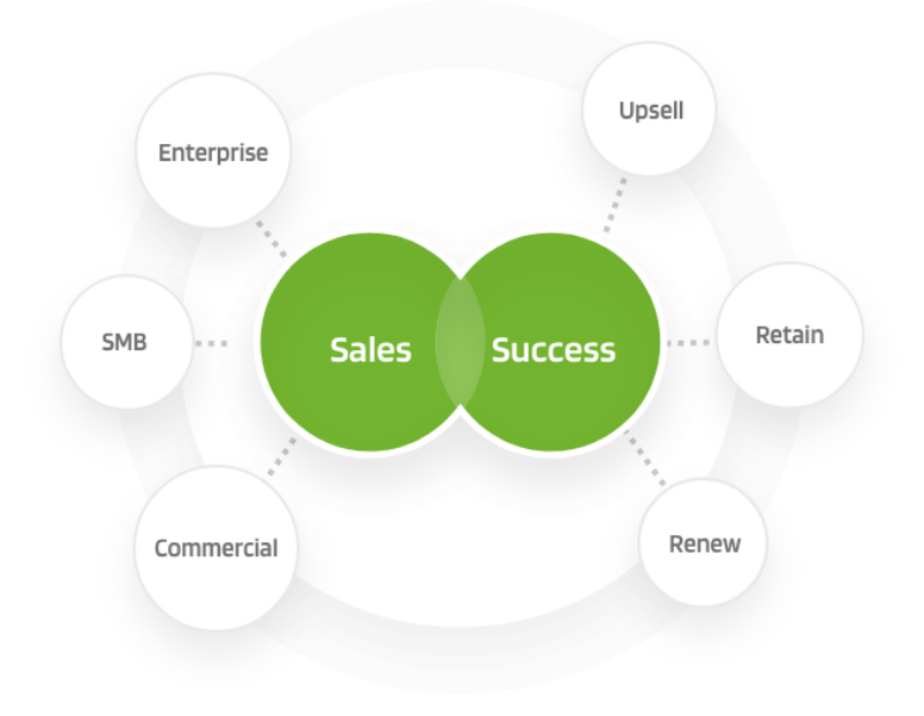
Technical Sales by Hub
The Evolution of Presales Tools: From Build In House to Commercial Vendors

Presales and sales engineers, by their very nature, can “hack” their own solutions and have done so for many years. They’ve had to, because general-purpose tools like spreadsheets have not given them what they need to effectively support their daily work activities. In some cases, presales professionals have developed their own software as a service (SaaS) solutions to address tactical issues, but they often grow out of them due to time and focus constraints. As one presales leader put it:
“We built our own presales tool to scratch our own itch. We could do more, but in a 60-hour work week, it is hard to find that spare time. We need something that can scale and we need it now.”
In other cases, presales professionals have been relegated to using an existing customer relationship management (CRM) system to meet presales daily workflow needs. While these CRM systems may aim to be the single source of truth (SOT) for all go-to-market activities, the reality is they rely on heavy customization and are too rigid to effectively support the presales workflow needs. Not only that, but they burden presales professionals with a poor user experience and mundane data entry tasks. Additionally, CRM support departments are typically ill-equipped to prioritize presales needs due to the overwhelming number of requests from other departments, like sales, that take priority. As one presales leader put it:
“It took us nine months just to get a few custom objects added to our CRM to support a fraction of my presales workflow needs. To get everything I need from our CRM will take us years, which is time we don’t have to wait. We need our own source of record.”
The evolution of purpose-based tooling for go-to-market professionals is nothing new. Go-to-market professionals — ranging from marketing, sales development, sales and customer success — have a wide selection of purpose-based SaaS tools that interact with their CRM system and support their given daily workflow needs. Presales needs are no different, yet these professionals don’t have the tooling they require. They need their own systems that can co-exist with current productivity and CRM tools so their daily workflow is better supported.
So what should a sound baseline for a good commercial presales tool entail? At a simplistic level, the presales tool should support both individual contributors and presales leadership. As one presales leader put it:

“An ideal presales tool provided by a commercial vendor should give me real-time visibility on the presales business and let me see and track activities. But more importantly, it should quantify and qualify presales outcomes so I can demonstrate value to my management.”
The persistent point made by all presales leaders is that, for a presales tool to be useful, it must not burden the individual contributor community with more mundane data entry tasks. It just also add real value to their day-to-day workflow needs. As one presales individual contributor put it:
“For me to find value in a presales tool. it has to automate mundane data entry tasks, enhance the daily orchestration I have to perform, and help me manage my work in the context of opportunities I care about.”
The era of presales tooling is upon us, and more commercial tools are surfacing every day to support these awesome technical sales professionals. Nancy Nardin recently published a report titled “Presales Growth – 8 Technologies To Drive Results,” but I would expect many more reports to surface as the number of presales vendors increases.
As a presales leader or individual contributor, ask yourself this: When are you and your organization ready to purchase commercial presales tooling that can more effectively support your daily work and deliver innovative features at a rapid pace that help you focus on your work and win more business?
